Net Lease Cap Rates Rise for 5th Straight Quarter
The Boulder Group’s latest report on how rising capital costs are impacting this sector.
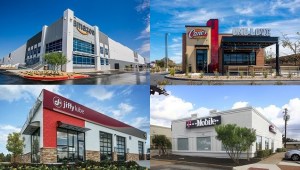
Cap rates in the single-tenant net-lease sector have increased for the fifth straight quarter. Image courtesy of The Boulder Group
Cap rates in the single-tenant net-lease sector have increased for the fifth straight quarter, to an average of 6.40 percent, a 13 basis point (bp) increase over the prior quarter, according to the latest quarterly report, released Monday, from net-lease specialists The Boulder Group, based in Wilmette, Ill.
By sector, single-tenant cap rates increased to 6.17 percent (+12 bps) for retail, 7.27 percent (+27 bps) for office and 6.80 percent (+3 bps) for industrial in the second quarter, the second quarter Net Lease Market Report stated.
READ ALSO: 2023 Net Lease Office Sales Volume and Cap Rates
The rise in interest rates combined with available investment returns in other fixed-income investment opportunities continue to be the primary drivers for the upward pressure on cap rates, Randy Blankstein, president of The Boulder Group, commented in a prepared statement. Accordingly, transaction volume for the first half of 2023 significantly lagged prior years’ pace, he added.
The company pointed out that as properties sit on the market longer, the supply of properties in the market is increasing. This is true even though the number of properties newly added to the market in the second quarter was significantly lower—nearly 20 percent lower—than in the first quarter. Industrial properties saw the lowest decrease, about 11 percent, while office properties saw the largest decrease, of 25.5 percent.
In recent years, cap rate compression allowed property owners to sell properties at higher values than their original acquisition price despite a shorter lease term, explained Jimmy Goodman, partner with The Boulder Group. He added that this strategy no longer holds true in a scalable form in the current cap rate environment, causing many owners to hold their assets rather than consider a sale.
Specific segments of the net-lease market are seeing an oversaturation of certain types of tenants, including dollar stores, drug stores and coffee users, resulting in more substantial cap rate increases with respect to those tenants.
Among the tenants whose large-scale expansion plans are increasing the supply of properties in the market are the dollar stores, John Feeney, senior vice president at The Boulder Group, said. Cap rates within the dollar store sector experienced some of the largest rise (28 bps) in the net lease industry, he explained.
Capital markets and cap rates
The report remarks on the upward pressure on cap rates in the net-lease markets that’s coming from the capital markets. Investors will be closely monitoring the upcoming Fed meetings; the primary expectation is that multiple further rate increases will take place before year’s end.
In the private capital buyer pool, The Boulder Group predicts, all-cash or low-leverage investors will focus on higher-quality assets with a strong preference for properties in states without an income tax. “While the depth of the 1031 buyer pool remains shallow, institutional investors will take advantage of larger scale transactions or one-off transaction within their acquisition cap rate targets,” the report concluded.


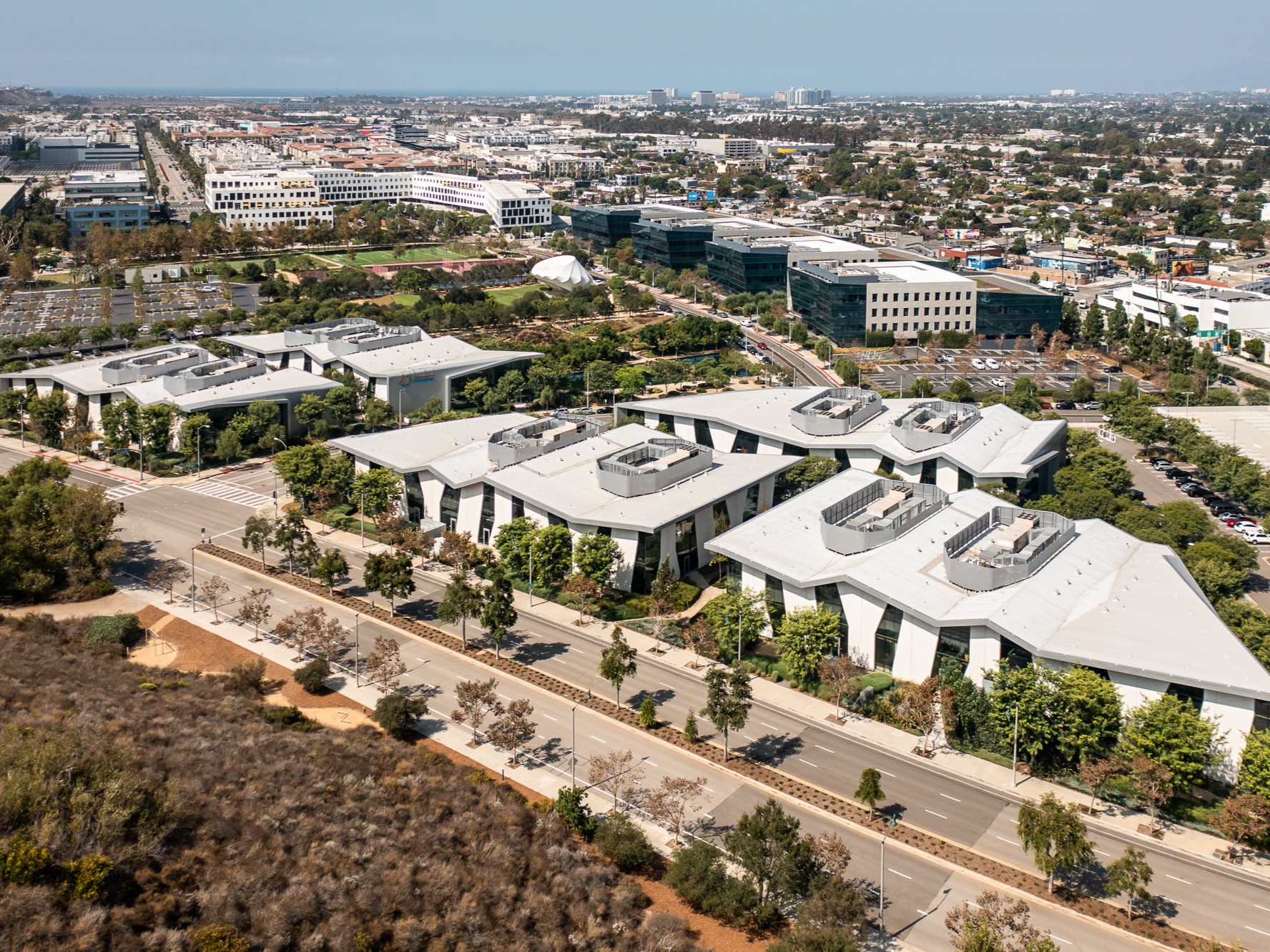
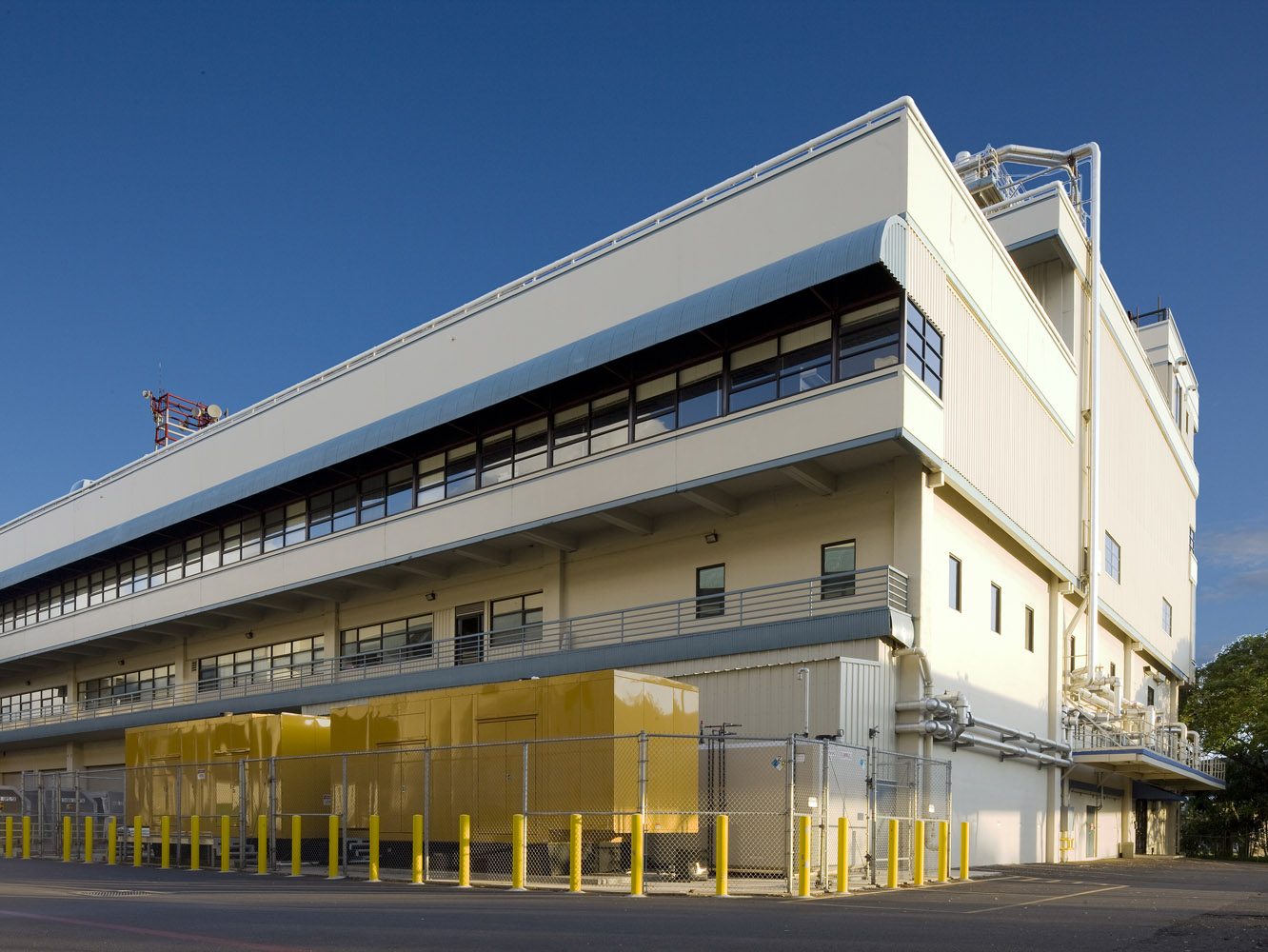
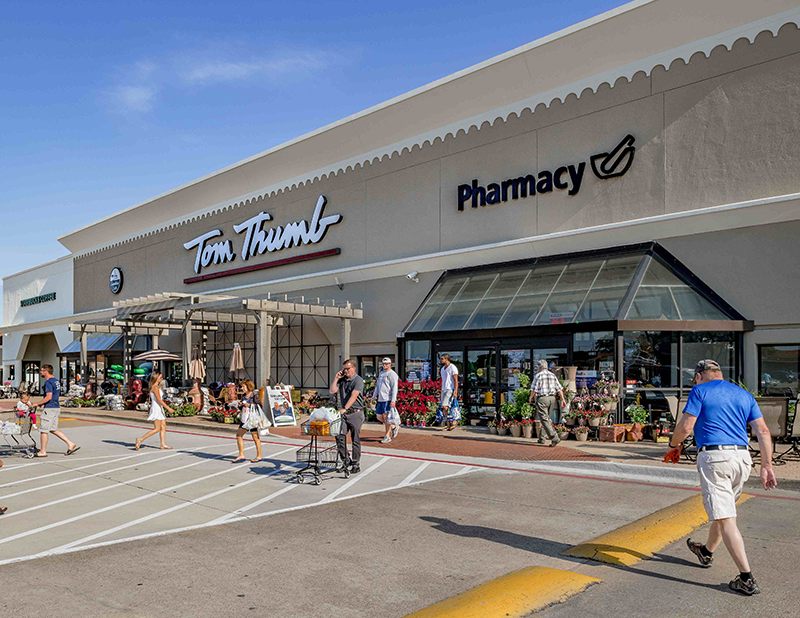
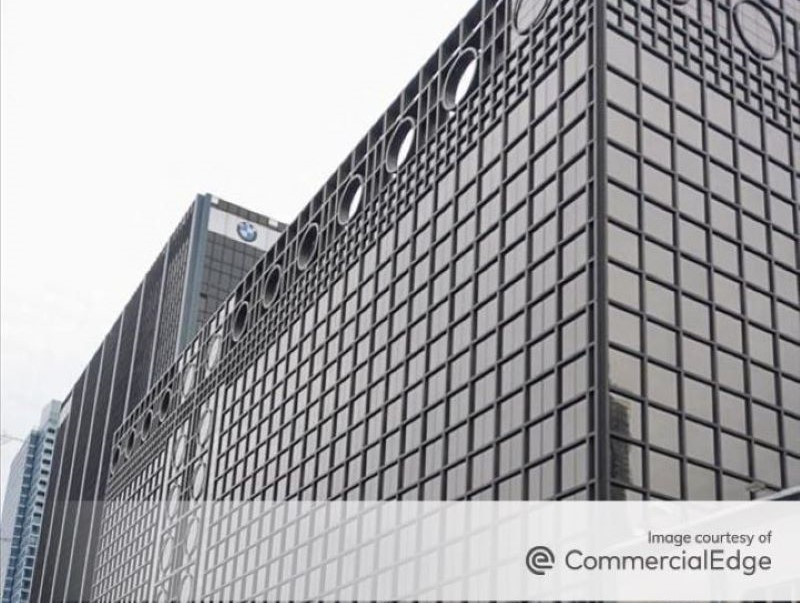

You must be logged in to post a comment.